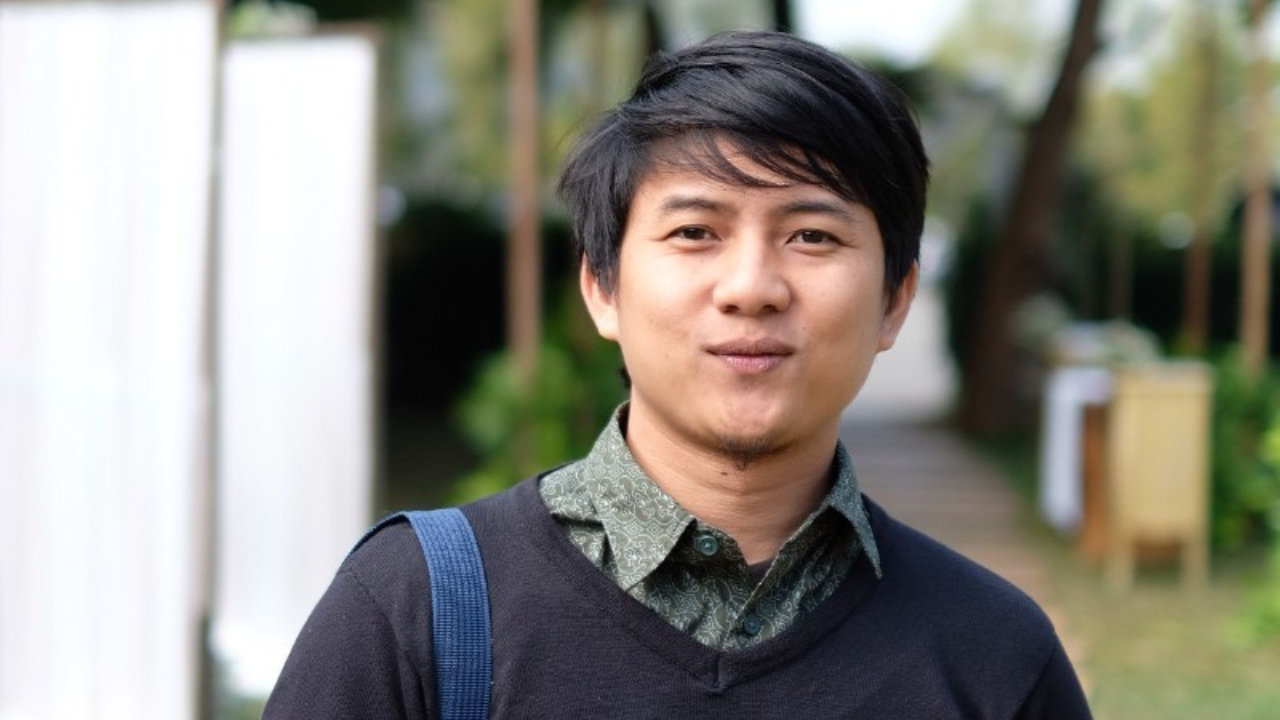Waste is often considered “end of things” and has no value. However, waste has the potential to be valuable.
Head of Research and Development and Head of Finance at Waste4Change Meydam Gusnisar said it when she became a guest lecturer in the Environmental Management System course on Wednesday (13/7/2022). Closely related to Waste4Change, The topic she brought was Sustainable Development Goals as an Opportunity for Business.
For starters, Meydam explained what happens to our waste in Indonesia. According to the Ministry of Environment and Forestry (KLHK), 81 percent of waste in Indonesia is not segregated. Ten percent is separated but re-mixed, and only the remaining 9 percent separated and recycled. Meanwhile, according to the 2015 KLKH, 69 percent of waste is sent to landfills. Waste production that occurs also amounts to around 175 thousand tons per day. Eighty percent of the waste produced by the community has the potential to be recycled or composted.
Moreover, the welfare of the waste workers is not given much attention. The income of garbage workers is only around 770 thousand rupiahs per month. Management of TPA (Tempat Pembuangan Akhir/ Final Disposal Site) is not yet ideal. Landslides often occur at the TPA when it rains, so the operational process of transporting waste is hampered. Moreover, landfill waste in the open air causes a lot of methane gas production, which is more dangerous than carbon dioxide.
“Implementation of responsible waste management has its challenges, and of course, it is not easy,” Meydam explained.
Therefore, Waste4Change is here to synergize the five aspects of waste management. Regulations, operational techniques, stakeholder participation, institutions, and finance. Waste4Change is here to change the paradigm of a linear economy where disposal ends up in the landfill into a circular economy. A circular economy means that waste does not end up in a landfill. Waste is managed responsibly by economic actors.
In reality, waste management often occurs in messy and ineffective mapping. Waste4Change has a role as a waste management service provider with a vision to reduce the amount of waste in the TPA. Waste4Change target the public to raise awareness about sorting waste. In addition, Waste4Change also collaborates with existing waste workers to bring waste to Waste4Change for later processing.
Meydam explained that Waste4Change carries out its role in several stages. From consultation and education, sorting waste from the collection, responsible waste collection, material recovery facilities, sorting compost and materials, and waste journey report. Garbage sorting is an essential point that Meydam has discussed repeatedly. “For organic waste, waste is grouped according to its characteristics. Metal and glass waste in orange plastic, plastic in blue plastic, and organic waste in green plastic,” she said.
Non-organic waste will be recycled, while organic waste will be composted. Waste4Change uses two ways to compost: the open window technique and the BSF (black soldier fly) technique.
Waste4Change uses a vehicle tracking system to maintain service performance and data quality. “Before the system existed, there were often data mismatches. For example, garbage is scattered on the road in the process. It certainly would not look good in the report,” she added.
Waste4Change now has more than 2000 clients. Most come from factories, offices, or housing. Brands such as Unilever and The Body Shop are also known to have used Waste4Change. Companies that use Waste4Change’s services not only get benefits in the form of CSR (Corporate Social Responsibility). Companies can use this service to activate campaigns and improve the company’s reputation in the public eye.




